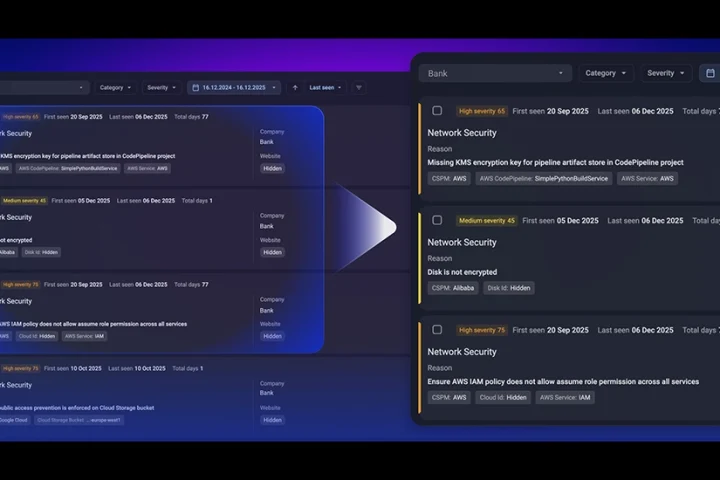Kaspersky experts have brought to light a poorly detected SessionManager backdoor that was set up as a malicious module within the Internet Information Services, a popular web server edited by Microsoft. Once propagated, SessionManager enables a wide range of malicious activities, starting from collecting emails to complete control over the victim’s infrastructure. First leveraged in late March 2021, the newly discovered backdoor has hit governmental institutions and NGOs across the globe with victims in eight countries from the Middle East, Turkey and Africa region, including Kuwait, Saudi Arabia, Nigeria, Kenya and Turkey.
In December 2021, Kaspersky uncovered “Owowa”, a previously unknown IIS module that steals credentials entered by a user when logging into Outlook Web Access. Since then, the company’s experts have kept an eye on the new opportunity for cybercriminal activity – it has become clear that deploying a backdoor within IIS is a trend for threat actors, who previously exploited one of the “ProxyLogon-type” vulnerabilities within Microsoft Exchange servers. In a recent investigation, Kaspersky experts came across a new unwanted module backdoor, dubbed SessionManager.
The SessionManager backdoor enables threat actors to keep persistent, update-resistant and rather stealth access to the IT infrastructure of a targeted organization. Once dropped into the victim’s system, cybercriminals behind the backdoor can gain access to company emails, update further malicious access by installing other types of malware or clandestinely manage compromised servers, which can be leveraged as malicious infrastructure.
A distinctive feature of SessionManager is its poor detection rate. First discovered by Kaspersky researchers in early 2022, some of the backdoor samples were still not flagged as malicious in most popular online file scanning services. To date, SessionManager is still deployed in more than 90% of targeted organizations according to an Internet scan carried out by Kaspersky researchers.
Overall, 34 servers of 24 organizations from Europe, the Middle East, South Asia and Africa were compromised by SessionManager. The threat actor who operates SessionManager shows a special interest in NGOs and government entities, but medical organizations, oil companies, transportation companies, among others, have been targeted as well.





















